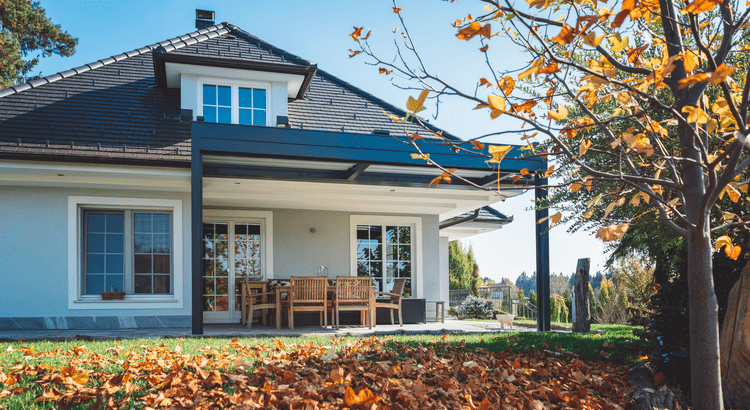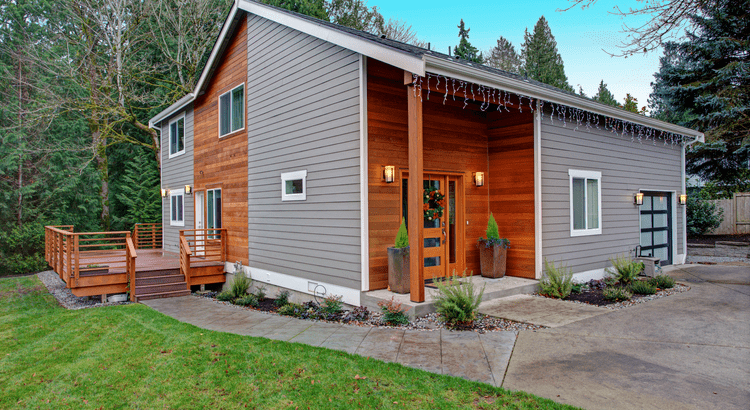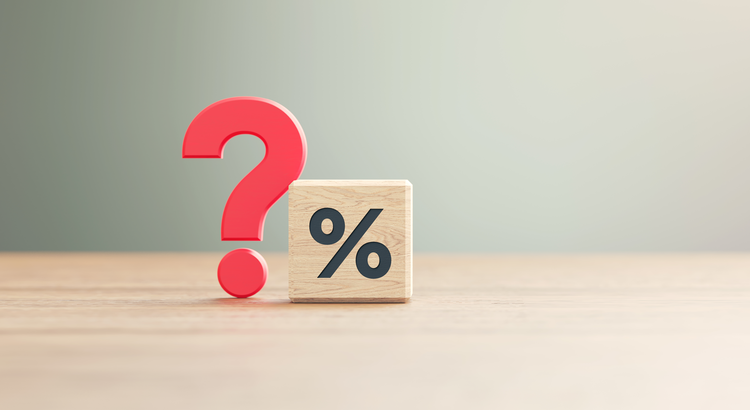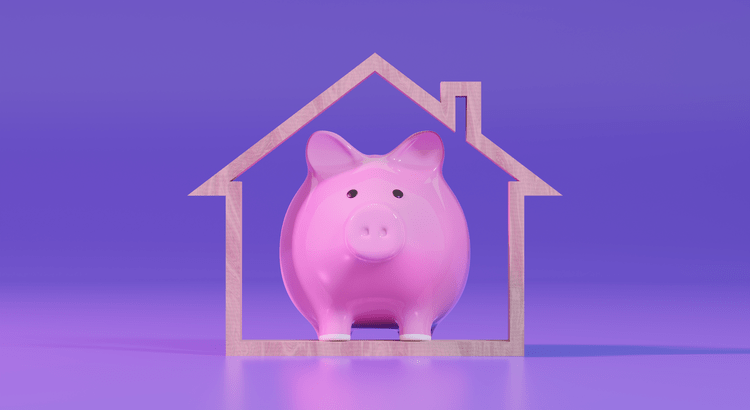
What Will It Take for Prices To Come Down?
What Will It Take for Prices To Come Down? You may be wondering if home prices are going to crash. And believe it or not, some people might even be hoping this happens so they can finally purchase a more affordable home. But experts agree that's not what's in the cards – and here's why. There are

When Will Mortgage Rates Come Down?
When Will Mortgage Rates Come Down? One of the biggest questions on everyone’s minds right now is: when will mortgage rates come down? After several years of rising rates and a lot of bouncing around in 2024, we’re all eager for some relief. While no one can project where rates will go with comple

Make Your House the Top Thing on Every Buyer’s Wish List This Season
Make Your House the Top Thing on Every Buyer’s Wish List This Season With the holidays right around the corner, homeowners planning to move have a decision to make: sell now or wait? Some may even consider taking their house off the market until next spring. But is that the best choice? Because at
Recent Posts










